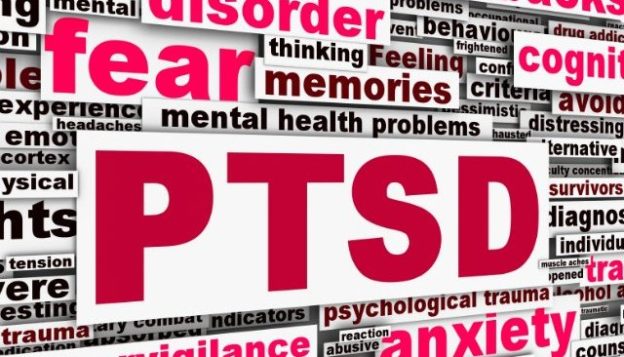514.223.5327
MAKE AN APPOINTMENTGetting Help With PTSD
“I witnessed a tragic car accident several months ago. I still think about what happened and feel anxious. My husband says that I am being “distant” and my kids tell me that I am acting “weird”. I can’t even drive anymore. What is wrong with me?
Post-traumatic Stress Disorder (PTSD) can occur after an individual has been through or has witnessed a traumatic event in which they perceive a threat to their life or other’s lives. A few examples of this are car accidents, sexual assaults, abuse, war, death of a loved one, infidelity or natural disasters. Individuals who suffer from PTSD experience the following symptoms:
– dreams, flashbacks or invasive thoughts related to the event,
– persistent avoidance of things associated with the event,
– feeling numb, depressed and/or very anxious,
– outbursts of anger or irritability.
Individual differences affect both the severity and the type of symptoms experienced. For example some may experience stronger emotional reactions than others. Children have less ability to predict, avoid, make sense of or to actively defend against upsetting events and therefore they may have more trouble sleeping, “act out” or become more aggressive.
Cognitive-behavioural therapy (CBT) and Eye Movement Desensitization Reprocessing (EMDR) are clinically proven treatment approaches to PTSD that allow an individual to rebuild their beliefs about safety and trust in an informative, guided and safe process. In therapy interventions will be suited according to the individual’s personal healing process and rhythm where they will:
– learn about the normality of their reactions following the trauma
– learn to face their fears
– learn to manage emotions (in particular their anger)
– learn to change their negative core beliefs into more positive and realistic ones
– reduce their anxiety through mindfulness and relaxation exercises (you can find examples on our website)
– and finally rebuild trust and faith in others and the world.
Traumatic experiences shake the foundations of our beliefs about safety and shatter our assumptions of trust. Tragically many suffer alone and in silence. If you or someone you know is suffering from PTSD there is no need to suffer any longer. Psychotherapy can help you get better. Give one of our clinicians a call at 514 223 5327.
Written by: Rita Odabachian, M.A., M.Ed.

